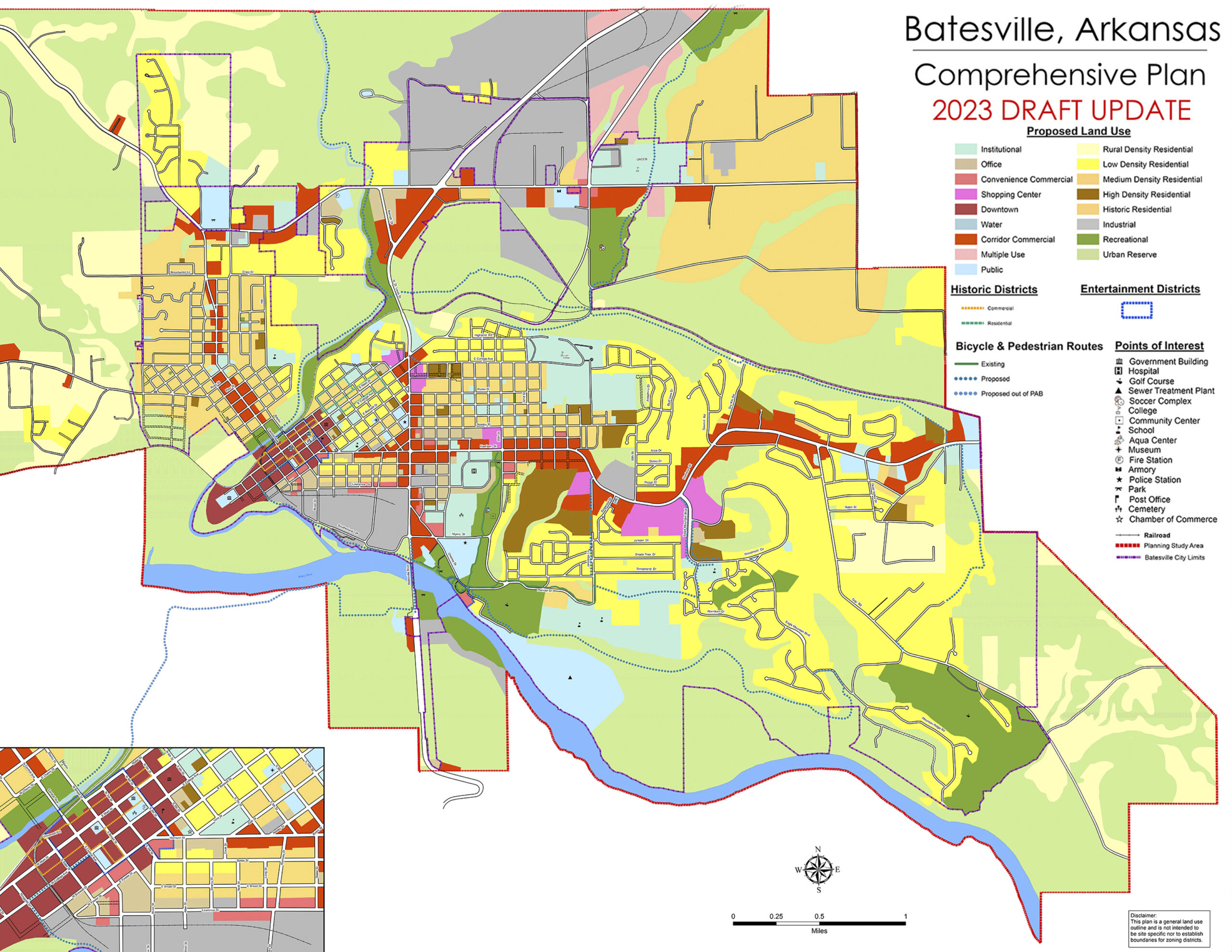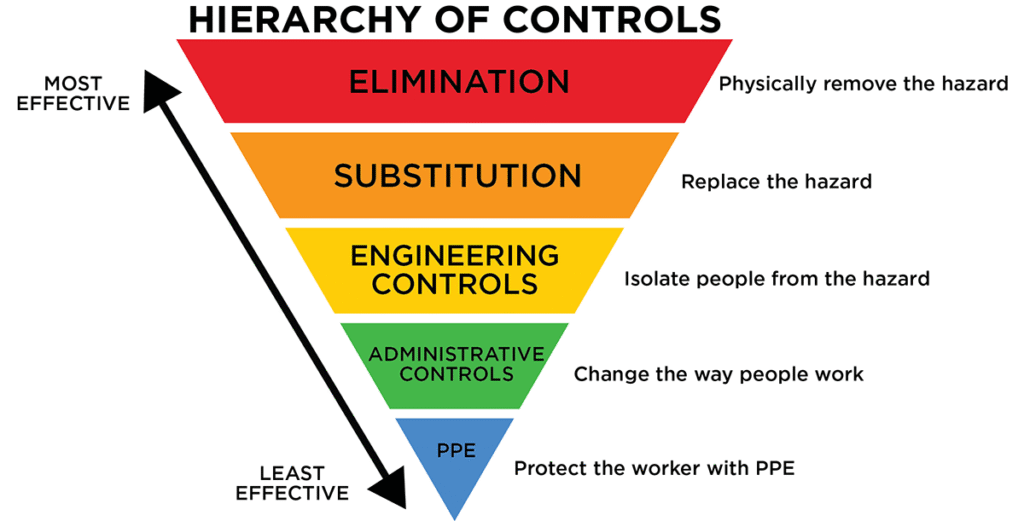At some time during the planning process, the city will need skills that may not be readily available from the planning commission or staff. Even if staff capabilities are present, the workload of such staff members, severely taxed in most municipalities, may not allow the attention required.
In this issue we look at what expertise may be required in preparing plans and supporting regulations. In light of such needs, questions arise: Where do we find such expertise? What will it cost? Is the future of our city worth the cost? Each city or town must answer these questions.
The first demand for expertise concerns organizational skills. Given the number of policies, people and problems encountered, planning can be a messy process. Someone must keep records, which must be legible and organized for at least two reasons.
First, a member of the planning team may appear as a witness in a case involving planning. There is no worse answer to a plaintiff’s attorney asking why something is, or is not, in a plan or regulation than a befuddled “I have no idea.”
Second, as our attorney friends tell us, “If it is not documented, it didn’t happen.”
After an idea finds its way into the plans or supporting regulations, someone must possess the ability to express it accurately and with an acceptable degree of readability. The planning team must first decide upon its target audience. How wide and deep is the intended audience? It is important to note that half of U.S. adults can’t read a book written at the eighth-grade level, according to the Organization for Economic Cooperation and Development.
Also be aware that our state lags in this metric.
Combined with our state’s ranking in education and with the involvement of a profession known for its lack of ability to write clear prose, all this can spell trouble if we seek wide acceptance of plans. Retaining a professional journalist, student or retired educator might help.
Next comes graphics, a historically prominent aspect of planning documents. For much of that history, it also represented one of the costliest aspects of the planning process. Maps required skilled technicians, and photographs required expensive reproduction techniques. That changed with the advent of computers. Photographs appear as digital images in PDFs that can be reproduced in plans. Now maps can be produced with keystrokes instead of pens.
Furthermore, through geographic information system (GIS) programming, databases can be attached to graphics and opened with a keystroke. Maps now tell stories. Several companies sell graphic and geographic information systems. Two companies, ESRI and Autodesk, account for most sales and neither are accessible without major expenditures in money and staff time. Read-only software may be cheap and relatively user-friendly. For data input and manipulation, smaller communities should anticipate retaining professional services.
Speaking of professional services, others are essential. If plans include elements of, say, infrastructure design or drainage, the input of a professional engineer (PE) is essential. Most cities have a PE on staff or retainer so this should not pose a problem in procurement. Planning alone may not require detailed design, but early input can prevent many problems later.
If planning leads to the need for legal property descriptions, perhaps in zoning cases or instances where planning leads to annexation proposals, seek the services of a professional surveyor (PS). A PE may or may not hold this designation.
This brings us to the matter of employing expertise in the field of urban planning. Planners serve like catchers on a baseball team in that they can view the entire playing field. An experienced one can see aspects of the planning function from existing conditions through local input through political considerations to projections of legal problems. At the very least, a qualified planner should be able to guide the planning process through pitfalls that can bring momentum to a halt.
In selecting expertise, the municipality should first determine whether it seeks skills in urban planning or urban design. Although the two may intertwine, they sometimes rely on different approaches to issues. Urban planners learn, as mentioned, to view the process of development as a unified whole. Problems and issues require approaches involving a range of considerations. These may include physical analysis, sociology, engineering, and legal and political concerns. Urban designers, as the name implies, rely on specific physical applications to issues.
After specific education and experience requirements are fulfilled, urban planners achieve designation from the American Institute of Certified Planners (AICP). This provides a guide for selecting expertise in the field of planning.
Where can a city find expertise to guide it through the planning process? At this time, to the author’s knowledge, there is no firm in our state specializing only in urban planning assistance. At one time, many years ago, there were as many as six operating in Little Rock alone. The state’s planning and development districts, by name, once provided direct assistance as did metropolitan planning organizations. Cities and towns may check in their specific location to determine what assistance those agencies still provide.
Large design firms in the state offer planning services along with engineering and architectural expertise. Some employ professionals with the AICP designation.
Beyond this, individual cities can and do rely on out-of-state firms to conduct planning efforts.
Training for staff, planning commissioners and elected officials occurs at specific times. The Arkansas Chapter of the American Planning Association, in conjunction with the Arkansas Public Administration Consortium (APAC), furnishes such assistance. Information is available at ualr.edu/publicaffairs/apac.
In addition, the Arkansas Municipal League offers as a service to its member cities and towns an accredited urban planner for technical consultation with member cities and towns. The first visit each year by the planner to a city for advice, information and consultation is complimentary. Contact information, including the phone number, appears at the end of this column.
Now for an inconvenient truth. As apparent from the message above, planning, if done right, will cost your municipality money. The tools discussed in previous columns and this one, especially expertise, do not come free, except in the rare instances mentioned. That’s the bad news.
The good news is that computer and internet technology has reduced that cost substantially. To estimate what planning might cost a small to medium community, one might place that cost at a bit more than what the city or town spends each year for holiday decorations and scads less than one lawsuit that can occur when planning is not done right. Ask your city attorney for an estimate.
Another fact worth considering is that planning itself can be done for modest external cost. It is the supporting phase of planning that costs, i.e., preparation and enforcement of regulations. There are planning commissions in our state that actively engage in planning. That costs their city very little. There are commissions in our state that simply wait for rezoning applications based on supporting material adopted decades ago and never maintained. That approach is cheap until a disappointed applicant hires an attorney.
Each municipality must decide what direction it will take.










